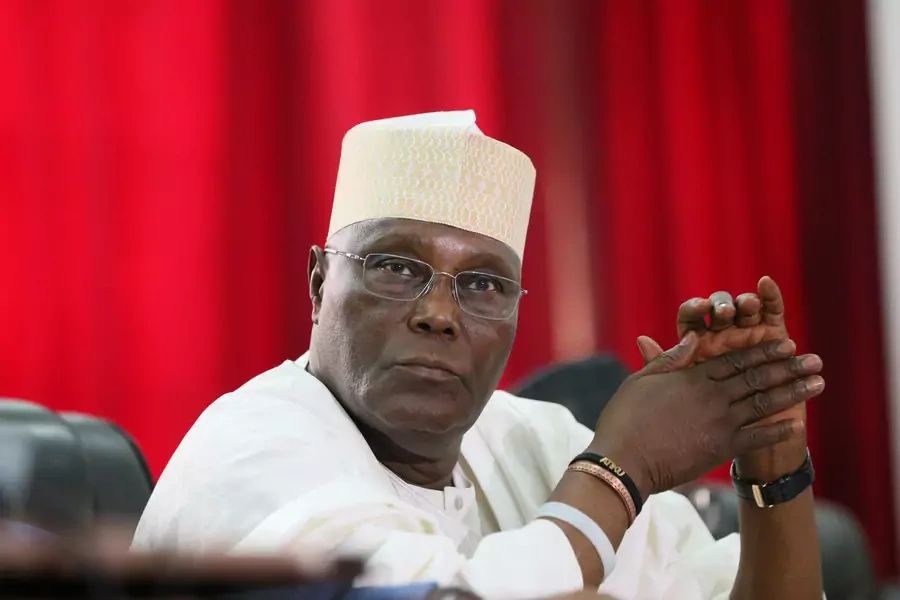Tribunal Upholds 2019 Nigerian Election While NGO Report Condemns Electoral Body

The February 2019 national elections saw President Muhammadu Buhari reelected. But defeated presidential candidate Atiku Abubakar sued, alleging electoral fraud. His petition alleged that the polling had been marked by irregularities and that he had received the most votes as shown on the central server of the Independent National Electoral Commission (INEC). He also claimed that the president lacked a secondary school leaving certificate, a constitutional requirement to run for president. On September 11, the Presidential Elections Tribunal rejected Atiku Abubakar’s petition, saying that he had failed to provide sufficient proof of fraud. Atiku Abubakar’s next step is to appeal to the Supreme Court. Defeated presidential candidates in the past have appealed to the Supreme Court, as they are entitled to do, but none have ever had an election overturned.
Meanwhile, the Center for Democracy and Development (CDD), a Nigerian non-government organization, published a post-mortem on the national elections. Its report is based on its own observers, and it is devastating. It describes the INEC process of collating vote totals as chaotic and subject to manipulation. It singled out five states where the collation process was especially bad: Lagos, Osun, Kaduna, Rivers, and Sokoto. The CDD report also cites instances where the collation process was marred by violence, and it notes that security services were observed intimidating election workers and voters. In a previous report, it concluded that there were widespread irregularities at collation.
More on:
The CDD, initially British, now Nigerian, is a NGO devoted to good governance. It is highly credible. As a Nigerian NGO it is more likely to see electoral flaws overlooked by outside observers. The collation process is now where African elections are often rigged, rather than by ballot-box stuffing. Other NGOs have cited voter intimidation and vote buying as well as collation irregularities as a significant aspect of the March national elections. In Nigeria, as elsewhere, rigging is done by both sides in a fiercely contested election. It also does not seem to be centrally directed, though where rigging takes place appears to be the result of strategic decisions: elections are not rigged everywhere. The bottom line appears to be that the conduct of the 2019 elections were a step back from that of 2015.
More on:
 Online Store
Online Store